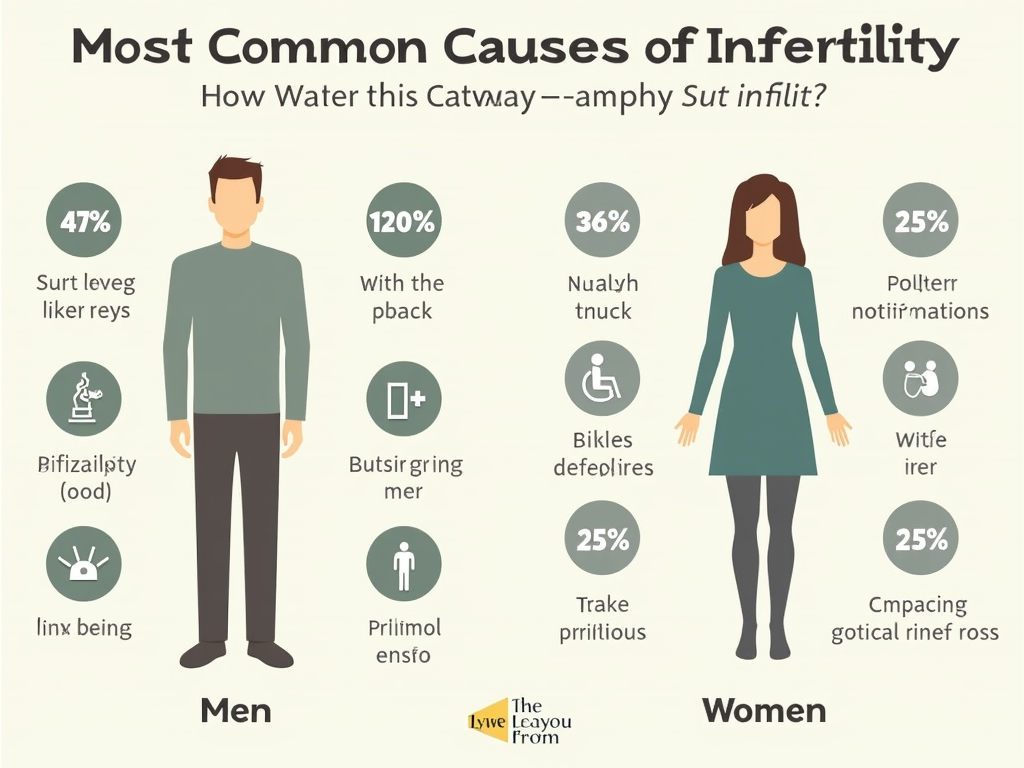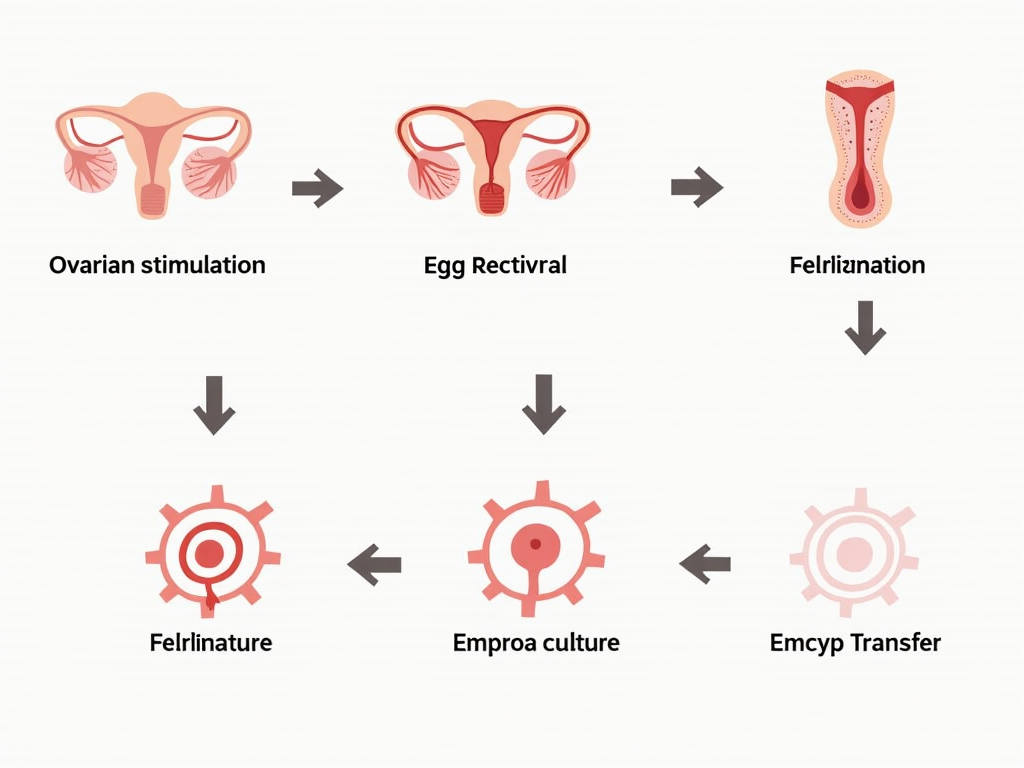Demystifying Advanced Reproductive Technologies: A Comprehensive Guide
March 16, 2025, 7:54 a.m.
Advanced reproductive technologies have revolutionized the field of fertility treatment, offering hope to millions of couples struggling with infertility. This article delves into the latest techniques, including advanced infertility diagnosis and in vitro fertilization (IVF), providing insights and personal perspectives to help you understand these complex processes.

Understanding Infertility
Infertility is defined as the inability to conceive after one year of unprotected intercourse. It affects approximately 10-15% of couples worldwide. The causes can be varied, including hormonal imbalances, structural issues, genetic factors, or unexplained reasons. The emotional toll of infertility can be profound, leading to stress, anxiety, and depression.
Personal Insight: I remember the day my partner and I received the diagnosis. It felt like the ground had shifted beneath us. But understanding that we weren't alone and that there were options available gave us hope.

Advanced Infertility Diagnosis Techniques
Diagnosing infertility involves a series of tests to identify the underlying cause. These may include:
- Semen analysis: Evaluates sperm count, motility, and morphology.
- Hormone testing: Checks levels of reproductive hormones like FSH, LH, and testosterone.
- Ultrasound: Visualizes the reproductive organs to detect abnormalities.
- Hysteroscopy: Examines the uterine cavity for polyps, fibroids, or other issues.
- Laparoscopy: A surgical procedure to inspect the pelvic organs.
These advanced techniques allow fertility specialists to pinpoint the problem and tailor treatment accordingly.

IVF Explained
In vitro fertilization (IVF) is one of the most well-known advanced reproductive technologies. The process involves:
- Ovarian stimulation: Medications are used to stimulate the ovaries to produce multiple eggs.
- Egg retrieval: Eggs are collected from the ovaries using a minor surgical procedure.
- Fertilization: Eggs are fertilized with sperm in a laboratory dish.
- Embryo culture: Fertilized eggs develop into embryos over several days.
- Embryo transfer: One or more embryos are placed into the uterus.
Success rates vary depending on factors like age, cause of infertility, and the clinic's expertise. On average, the live birth rate per IVF cycle is around 30% for women under 35.

Other Advanced Reproductive Technologies
Beyond IVF, there are several other techniques that can help couples conceive:
- Intracytoplasmic Sperm Injection (ICSI): A single sperm is injected directly into an egg, useful for male factor infertility.
- Preimplantation Genetic Diagnosis (PGD): Embryos are screened for genetic disorders before transfer.
- Egg Freezing: Eggs are harvested and frozen for future use, preserving fertility.
- Surrogacy: A gestational carrier carries the pregnancy for the intended parents.
Each of these technologies has its own indications, benefits, and considerations.

Personal Stories
Hearing from others who have walked this path can be incredibly comforting. Take Sarah and John, for example. After three years of trying to conceive, they turned to IVF. 'It was a rollercoaster,' Sarah recalls. 'But holding our daughter for the first time made every struggle worth it.'
Another couple, Mike and Lisa, opted for ICSI due to male factor infertility. 'We were nervous, but the support from our clinic was amazing,' Mike says. 'Now, we're expecting twins!'

Challenges and Ethical Considerations
While advanced reproductive technologies offer hope, they also come with challenges. The cost can be prohibitive, with a single IVF cycle costing upwards of $12,000. Access to care is another issue, as not all insurance plans cover fertility treatments.
Ethically, questions arise around embryo selection, the fate of unused embryos, and the implications of genetic testing. It's crucial for patients to discuss these issues with their healthcare providers and consider their personal values.

Future Trends
The field of reproductive technology is constantly evolving. Emerging trends include:
- Artificial wombs: Research is underway to develop external environments for fetal development.
- Gene editing: Techniques like CRISPR could potentially correct genetic defects in embryos.
- Personalized medicine: Tailoring treatments based on individual genetic profiles.
While these advancements hold promise, they also raise new ethical and practical questions that society will need to address.

In conclusion, advanced reproductive technologies have opened up new possibilities for couples facing infertility. From sophisticated diagnostic techniques to innovative treatments like IVF and beyond, these technologies offer hope and solutions. However, they also come with challenges and ethical considerations that must be navigated carefully. By staying informed and seeking support, couples can make empowered decisions on their journey to parenthood.